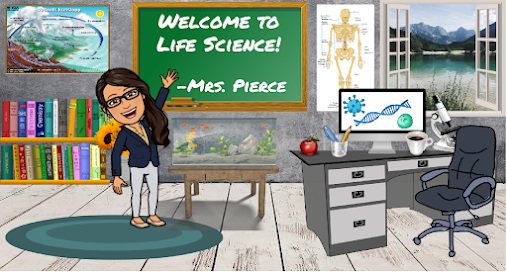chapter 16 & 17 Vertebrates: Fish, Amphibians, Reptiles, Birds, and Mammals
Vertebrate Study Guide
Fishes from jdrinks
http://www.brainpop.com/science/diversityoflife/fish/
http://www.brainpop.com/science/diversityoflife/fish/
Amphibians and reptiles from jdrinks
Birds from Kerrie Pastell
Characteristics of mammals from jdrinks
1.
vertebrate: animal that has
a backbone
2.
internal fertilization: fertilization
that occurs inside the female’s body
3. endotherm: animal that can body heat from chemical reactions to maintain
body temperature
4. lateral line: row of sense organs that detect water vibrations
5. gill: organ in which oxygen from water is exchanged with carbon
dioxide from the blood
6. placental mammal: mammal whose embryos develop inside the mother’s body
7. swim bladder: gas filled sac that helps a fish float
8. lift: upward force on an object, like a bird’s wings
9. brooding: act of sitting on eggs
and using body heat to keep them warm
10. tadpole: aquatic fish shaped larvae of a frog or toad
11. uterus: organ in a placental mammal in which the embryo grows
12. ectotherm: organism that needs sources of heat outside of itself
13. fur: thick coat of hair
14. gestation period: in mammals, the length of time between fertilization and birth
15. external
fertilization: fertilization that occurs
outside the female’s body
16. monotreme: mammal that lays eggs
17. molting: shedding of exoskeleton, skin, feathers, or hair to be replaced
by new parts
18. diaphragm: dome shaped muscle attached to the lower ribs that helps the
mammal bring air into lungs
19. lung: organ in which oxygen from the air is exchanged with carbon
dioxide from the blood
20. altricial: chicks that are weak and helpless for a while after hatching
21. marsupial: mammal that carries and nourishes its young in a pouch
22. metamporphosis: phase during which there is a rapid change from immature to
mature form
23. keel: large breastbone that anchors the flight muscles of a bird
24. fins: fan shaped structures that help fish move
25. amniotic egg: type of egg surrounded by a membrane (amnion), contains a yolk,
and has a shell
26. preening: act of grooming or maintaining feathers
27. contour feather: external feather that covers a bird and helps determine its
shape
28. precocial: chicks that are active soon after they hatch
29. mammary gland: in a female mammal, a gland that secretes milk
30. down feather: soft feather that covers body of young bird and provides
insulation
31. scales: bony structures that protect fish’s body and lower friction

